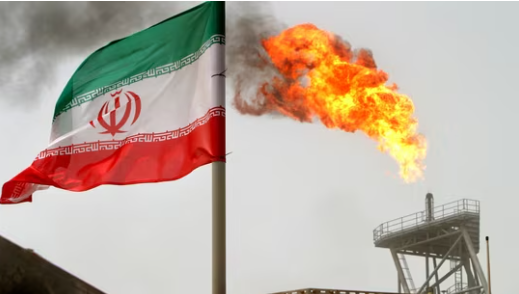Tensions between Israel and Iran have reached new heights as reports indicate Israel’s plans to target Iranian military and energy sites. This move comes in the wake of growing concerns over Iran’s nuclear ambitions and its expanding influence in the region.
Iran has responded with a stark warning, stating that there will be “no red lines” in its retaliatory measures if Israeli forces proceed with the planned strikes. The potential for a direct military confrontation between the two rivals has alarmed the international community, raising concerns of a broader conflict in the already volatile Middle East.
Israel, which has long expressed concern over Iran’s nuclear program, reportedly views the strikes as a preemptive measure to neutralize potential threats. Iran, for its part, has consistently denied developing nuclear weapons, maintaining that its program is solely for peaceful purposes.
The situation is further complicated by Iran’s strategic alliances with regional groups and countries that share opposition to Israeli policies, including Hezbollah in Lebanon and factions in Syria and Iraq. Israeli officials, however, appear undeterred, suggesting that the planned operations are necessary to safeguard national security.
Iranian officials, including top military leaders, have warned that any attack on their military or energy infrastructure would trigger a swift and powerful response, potentially targeting Israeli cities and military bases. The statement that there are “no red lines” signals that Tehran is willing to escalate the conflict in ways that could affect regional and global stability.
This latest development comes at a time of heightened unrest across the region, with concerns about the impact of such a conflict on global oil markets, regional economies, and the lives of civilians caught in the crossfire.
Diplomatic efforts are reportedly underway behind the scenes to defuse the situation, but with both sides showing no signs of backing down, the risk of escalation remains high.








 India
India












